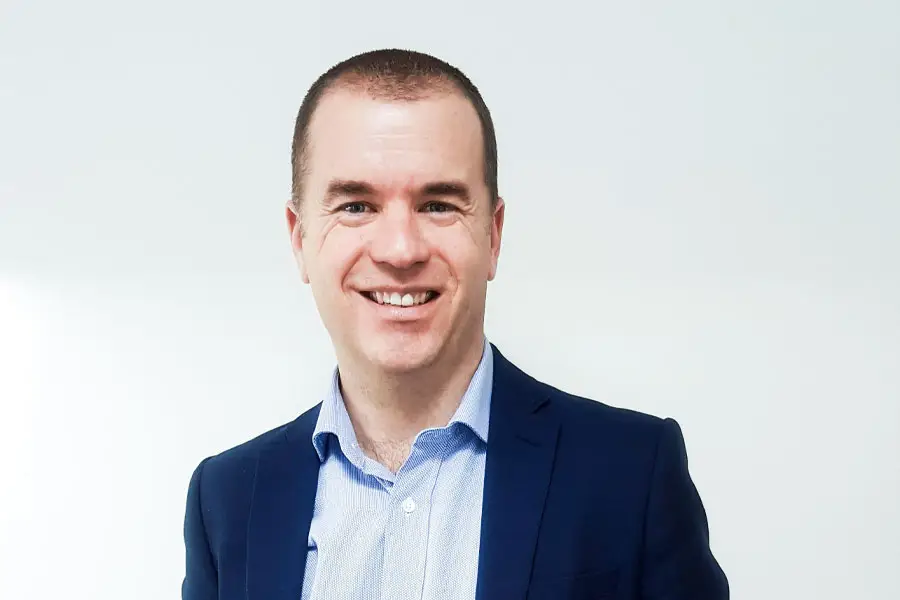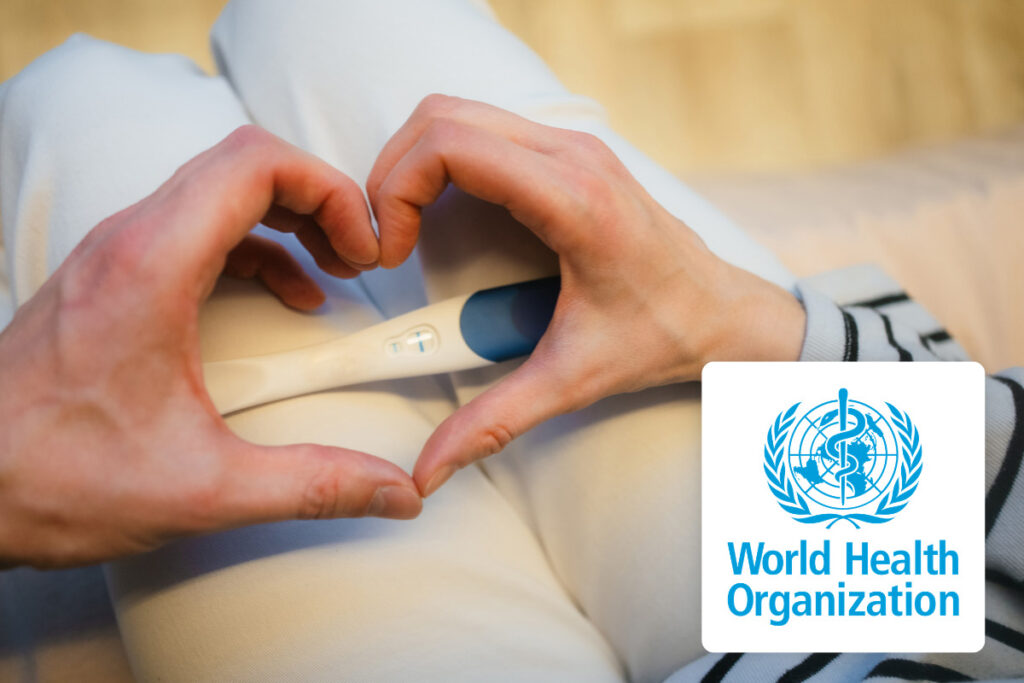Male fertility expert, Ian Stones, founder of Hove Fertility and Wellness, discusses how infertility can impact men, where men can find help and support, and the tests and treatments available for men facing infertility.
For more information, watch NOW-fertility founder Luciano Nardo’s conversation with Ian Stones on our YouTube channel: https://www.youtube.com/watch?v=LrFratxemeU
Ian Stones: Society has led us to believe that fertility is a female issue. From the very first appointment with your GP, focus is often weighted for women. Women may have multiple tests, and gynaecological care, while a man may simply have a semen analysis.
This can have a detrimental effect on a man’s confidence, relationships, and his emotional state. Men are not encouraged to ask questions and find out what’s going on from their point of view. Some men can end up feeling like a spare part throughout the fertility journey.
Male fertility testing:
Typically, men are sent for a semen analysis, usually after a couple has been trying to conceive for a year. A semen analysis is generally all that the NHS provides for men, and any further testing needs to be conducted privately at the moment.
Semen analysis is a good starting point, but it doesn’t tell you about the DNA integrity of the sperm, it doesn’t screen for infection or test the man’s hormones. Male infertility testing should be a comprehensive investigation, including an oxidative stress test, a physical examination, including looking into undescended testicles, an ultrasound and a good medical history. When you do all of that, you get a comprehensive fertility assessment.
I would encourage any man facing potential fertility issues to get thoroughly tested, and go and see a urologist if you can. Once we understand medically what the problem may be, we can act accordingly.
What can be done to improve sperm count and quality?
There are many changes that can be made to improve sperm count and quality. Sperm are generally very easily influenced by simple lifestyle tweaks. Sperm have a 60-90day development cycle so three to four months of little changes and you may well see a big difference:
- Eat a healthy diet, and increase your fresh fruits and vegetables, including tomatoes. Tomatoes are packed with lycopene, which studies suggest can improve sperm quality. Cut out processed meats and sugars and limit caffeine and alcohol.
- Quit smoking and taking any recreational drugs.
- Exercise regularly, making sure you’re staying well hydrated.
- Avoid putting laptops on your lap, and don’t keep mobile phones in your pocket.
- Ejaculate every three to five days.
Where can men go to find support?
I’ve been practicing for 15 years, and in the last few years I’ve seen a big change in the support and resources for men. Fertility Network UK is the leading charity for fertility issues in the country, and they have a male infertility support group. The comedian Rhod Gilbert has experienced infertility himself, and produced a fantastic documentary in 2021 to raise awareness of male infertility. He developed a campaign to accompany the documentary, and has teamed up with Fertility Network UK to create the support group, which I run alongside Rhod.
It is a great place for men to get peer-to-peer support, ask for advice and talk to other people who are going through the same thing. It helps break down the stigma of male infertility, and reduces the feeling of isolation men can experience. If a man is diagnosed with azoospermia, where there is no sperm in their ejaculate, they are often told there is nothing else that can be done, and the couple will need to find a sperm donor. It can be devastating for a man to find out they may never be able to father their own biological child. I have heard men talk about having suicidal thoughts, or giving their partner permission to get a divorce. It is time we acknowledge the challenges men can face both physically and emotionally when trying to start a family, and provide them with support & guidance.
I would recommend meeting with a fertility coach, counsellor, nutritionist or acupuncturist to help support you through your fertility journey, coupled with medical support. Tackling the issue head on, and talking about your experiences with other men are both vital ways to ensure your fertility journey is less challenging, and more successful.




